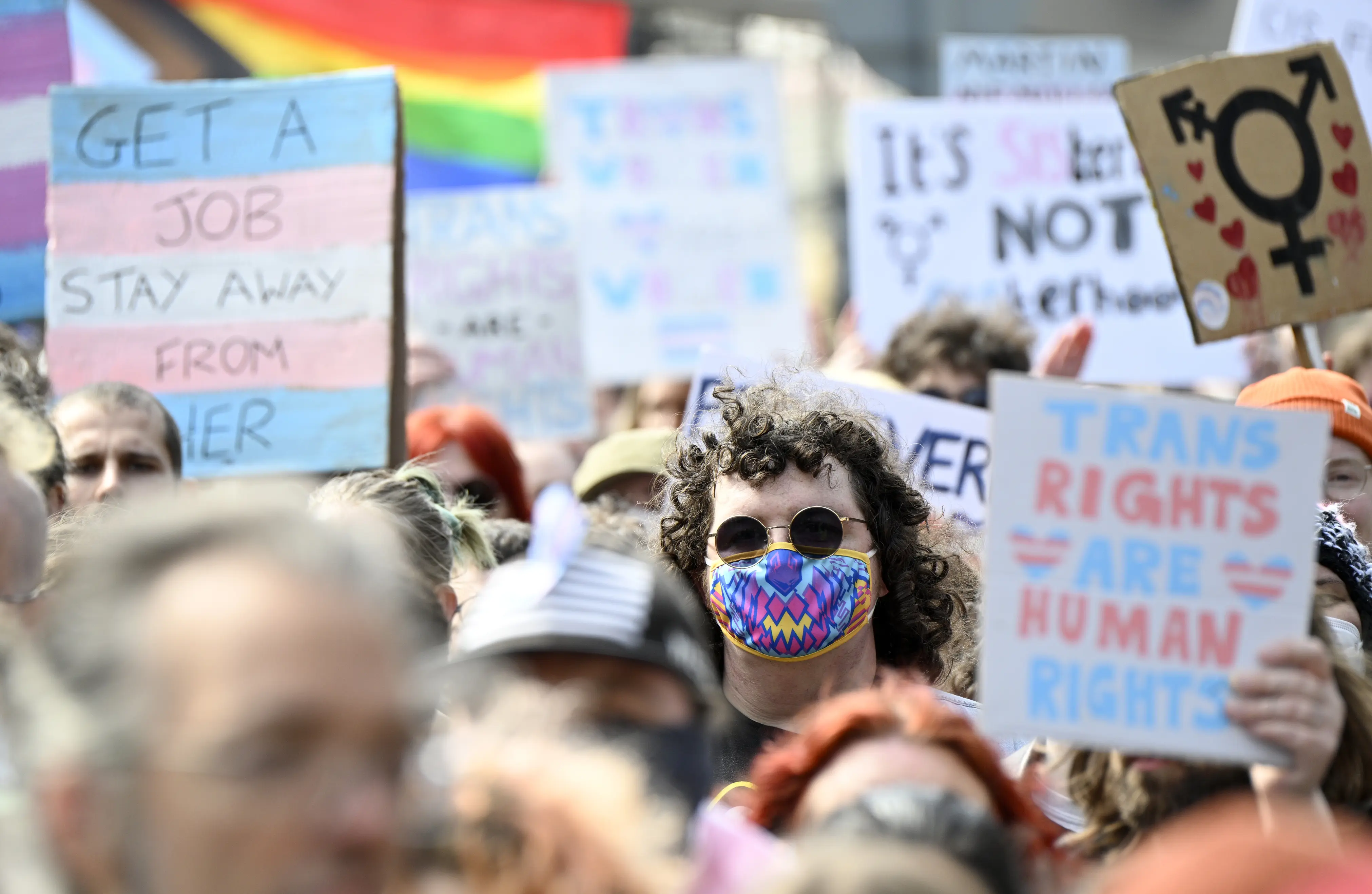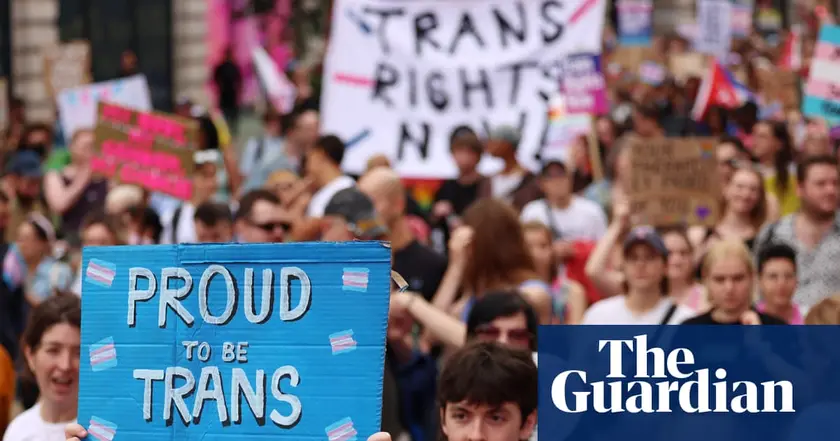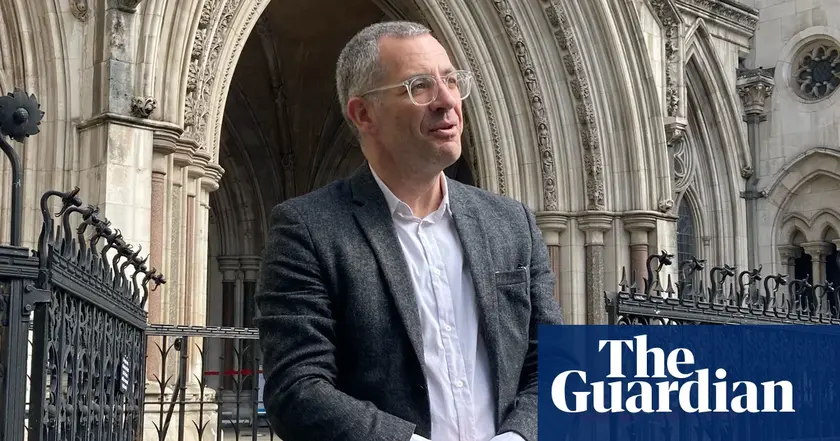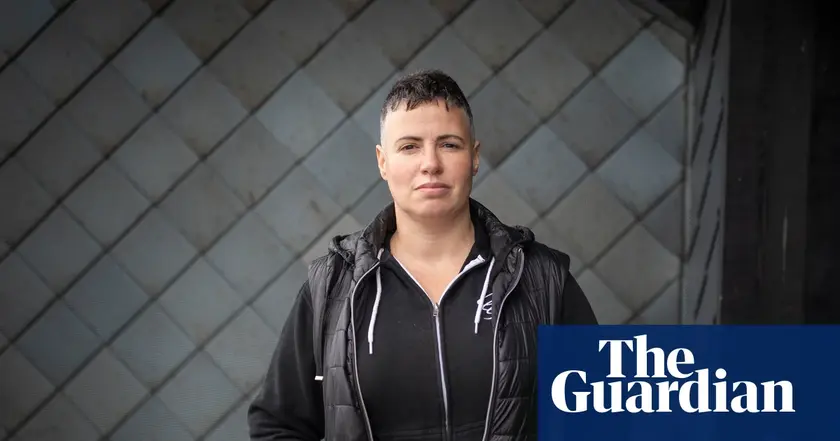T4K3.news
Trans lawyers challenge UK ruling at European Court of Human Rights
A group of transgender lawyers has filed an application with the ECtHR after the UK Supreme Court ruling on biological sex under the Equality Act

A UK case alleging a fair trial violation moves to the European Court of Human Rights in Strasbourg.
Trans lawyers take Supreme Court ruling on biological sex to European court
Transgender lawyers have filed an application with the European Court of Human Rights in Strasbourg, challenging the UK Supreme Court ruling on biological sex under the Equality Act 2010. The group argues that the April decision, which found transgender women are not women under the act even if they hold gender recognition certificates, was not fair because voices from people with GRCs were not heard during the hearings. The filing marks a new phase in a dispute that ties domestic rulings to international human rights standards.
Judges at the European Court of Human Rights now face a six month window to decide whether the case should proceed. If the ECtHR accepts the application, it would set a precedent as the first international challenge to the UK Supreme Court definition of a woman under the Equality Act. The connection to related actions, such as For Women Scotland’s challenge against the Scottish government, underscores how the issue straddles different parts of the United Kingdom. Officials say the government will implement the ruling within the framework of domestic law and international obligations, while firms and public bodies await clearer guidance from the Equality and Human Rights Commission on how to apply any eventual judgment.
Key Takeaways
"Justice must include us all in the room where laws are made"
Campaigner quote urging inclusion in law making
"Lives not labels should guide the law"
Advocacy line on how law should reflect lived reality
"This could become the first international challenge to a UK Supreme Court decision"
Noting potential legal significance of the case
"Decisions about us without us are not justice"
Call to include trans people in decisions that affect them
The case tests how far European human rights norms can steer domestic policy in a changing social landscape. It also exposes the friction between gender identity advocacy and the push to preserve sex based rights in public spaces. International litigation can elongate uncertainty but may also prompt clearer standards and stronger protections for vulnerable groups. The political and budget implications of a protracted ECtHR process are part of the debate that is now moving from courts to council rooms and newsroom discussions.
If the ECtHR allows the case to advance, it could influence how lawmakers frame future guidance and rules around gender recognition and sex based protections. Critics warn of political backlash and costs for public services, while supporters see a chance to align national law with international human rights norms. The outcome could also affect public perception of Britain as a defender of human rights across Europe and beyond, shaping both policy and rhetoric in the months ahead.
Highlights
- Justice must include us all in the room where laws are made
- Lives not labels should guide the law
- Decisions about us without us are not justice
- This is about fair treatment for all
European rights challenge carries political and budget risks
The case raises delicate questions about gender identity, public policy, and the costs of legal processes. It could become a focal point for political debate and place pressure on budgets for public services as authorities seek to implement complex rulings.
The world watches how law travels from local courts to continental scrutiny and back again.
Enjoyed this? Let your friends know!
Related News

Trans judge seeks rehearing after ruling on biological sex

Italy's migrant processing plan faces EU court setback

London Trans+ Pride 2025 attracts record attendance

EHRC challenges Met on facial recognition at Notting Hill carnival

Pro test and law collide as former insider joins protests

UK court rules Palestine Action may challenge terrorism ban

UK faces rising fiscal deficit with urgent need for council tax reform

Police will share suspects ethnicity and nationality
